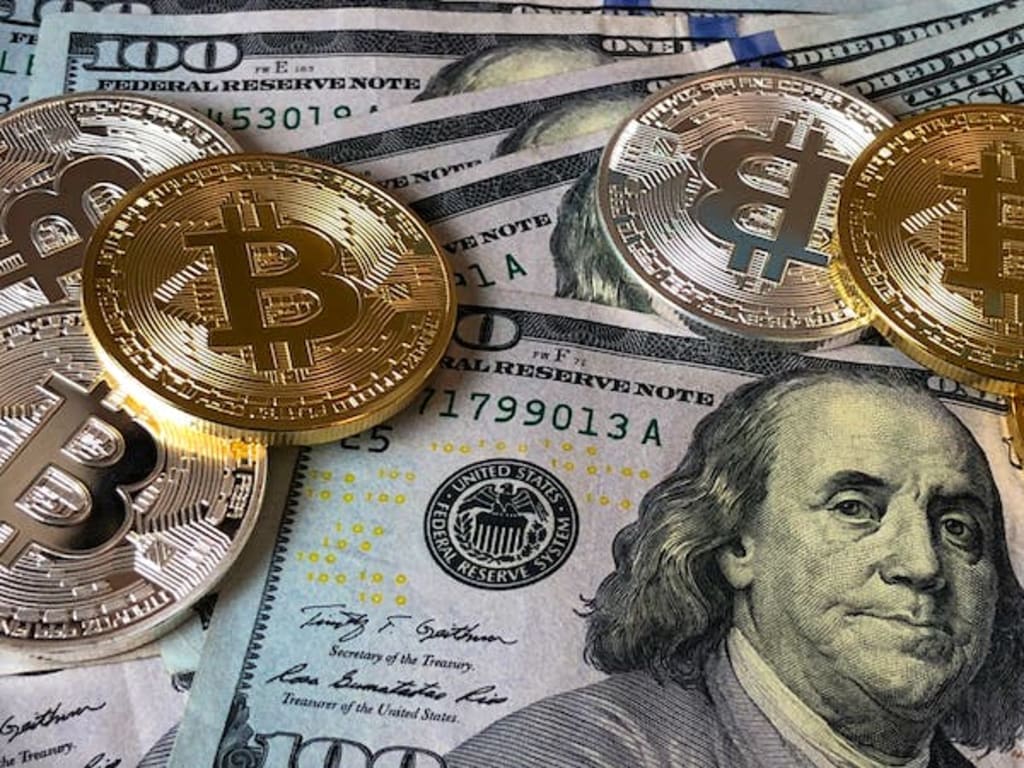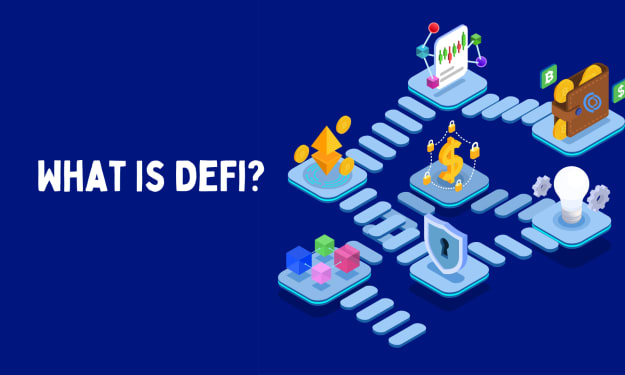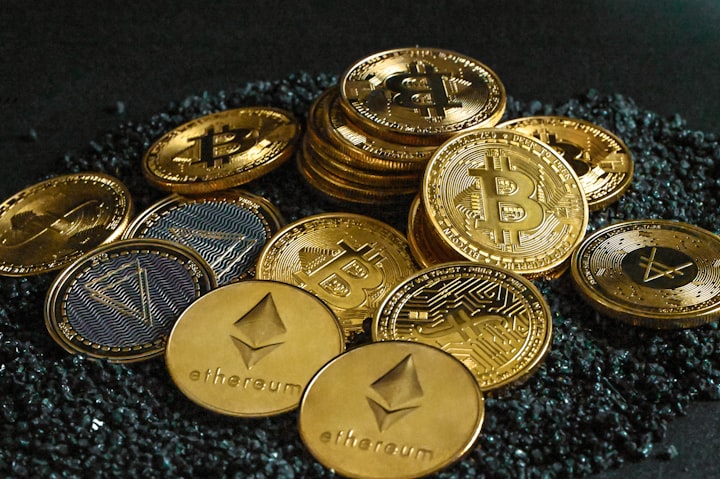Blockchain and Altcoins
Transforming the Economy

Introduction:
In recent years, the rise of blockchain technology and altcoins has brought about a paradigm shift in the global economy. The decentralized nature of blockchain and the emergence of alternative cryptocurrencies have disrupted traditional financial systems, unlocking new possibilities and transforming various sectors. In this blog post, we delve into the impact of blockchain and altcoins on the economy and explore the potential they hold for shaping the future of finance.
Transparent and Secure Transactions:
Blockchain technology provides a decentralized and immutable ledger that ensures transparency and security in financial transactions. By eliminating intermediaries and relying on cryptographic algorithms, blockchain enables direct peer-to-peer transactions, reducing costs, increasing efficiency, and minimizing the risk of fraud. This transparency and security instill trust among participants, fostering economic growth and facilitating cross-border transactions.
Financial Inclusion:
One of the notable impacts of blockchain and altcoins is their potential to promote financial inclusion. Through decentralized platforms and digital wallets, blockchain technology allows individuals who are unbanked or underbanked to access financial services. This opens up opportunities for entrepreneurship, access to credit, and participation in the global economy for those who were previously excluded.
Disintermediation and Cost Reduction:
Blockchain and altcoins challenge the dominance of traditional financial intermediaries, such as banks and payment processors. With blockchain, individuals can directly transfer value without relying on intermediaries, reducing transaction fees and eliminating the need for third-party verification. This disintermediation can lead to significant cost savings for businesses and consumers, fostering economic efficiency and empowering individuals with greater control over their financial transactions.
Smart Contracts and Automation:
Blockchain technology facilitates the implementation of smart contracts, which are self-executing agreements with predefined conditions coded into the blockchain. These contracts automate and streamline various processes, reducing administrative burdens and ensuring greater efficiency. Smart contracts have the potential to revolutionize industries such as supply chain management, real estate, and intellectual property rights, enabling secure and efficient transactions with reduced overhead costs.
Tokenization and Asset Management:
Altcoins, or alternative cryptocurrencies, have expanded the concept of digital assets beyond traditional cryptocurrencies like Bitcoin. Tokenization allows the representation of real-world assets, such as real estate, artwork, or intellectual property, in the form of digital tokens on the blockchain. This enables fractional ownership, liquidity, and efficient transfer of assets, unlocking new investment opportunities and democratizing access to previously illiquid markets.
Decentralized Finance (DeFi):
The advent of blockchain technology has given rise to decentralized finance, or DeFi, which aims to recreate traditional financial systems using blockchain and smart contracts. DeFi platforms provide decentralized lending, borrowing, and trading services, bypassing traditional financial intermediaries. This has the potential to democratize financial services, increase financial accessibility, and empower individuals with greater control over their assets and financial decisions.
Regulatory Challenges and Opportunities:
The widespread adoption of blockchain and altcoins presents regulatory challenges for governments around the world. Striking the right balance between fostering innovation and protecting consumers is crucial. Governments have the opportunity to embrace blockchain technology and establish clear regulatory frameworks that encourage responsible innovation, protect against fraud, and promote investor confidence.
Conclusion:
The impact of blockchain and altcoins on the economy is profound and far-reaching. From transparent and secure transactions to financial inclusion, cost reduction, automation, and the emergence of decentralized finance, blockchain technology, and altcoins are revolutionizing the way we interact with the financial world. As technology continues to evolve, it is essential for governments, businesses, and individuals to embrace the potential of blockchain and altcoins, adapt to the changing landscape, and explore the transformative opportunities they present for economic growth, efficiency, and inclusivity.
About the Creator
FELIX Olikagu
Captivating storyteller and compassionate wordsmith. Join me on a journey through the power of words, as we explore diverse topics with depth, creativity as it concerns Health issues, Environment, Emotions, and a touch of magic. Explore!






Comments
There are no comments for this story
Be the first to respond and start the conversation.